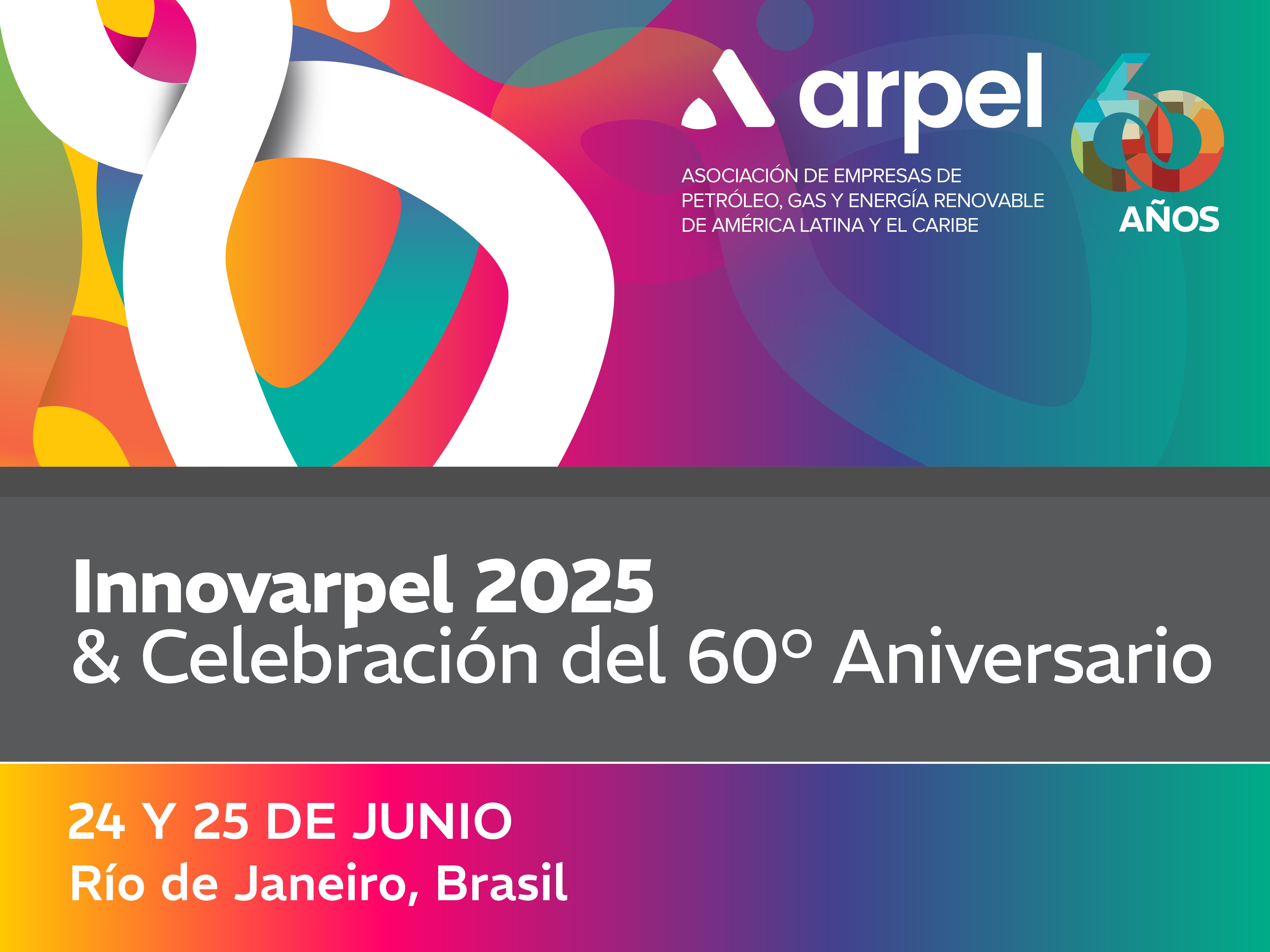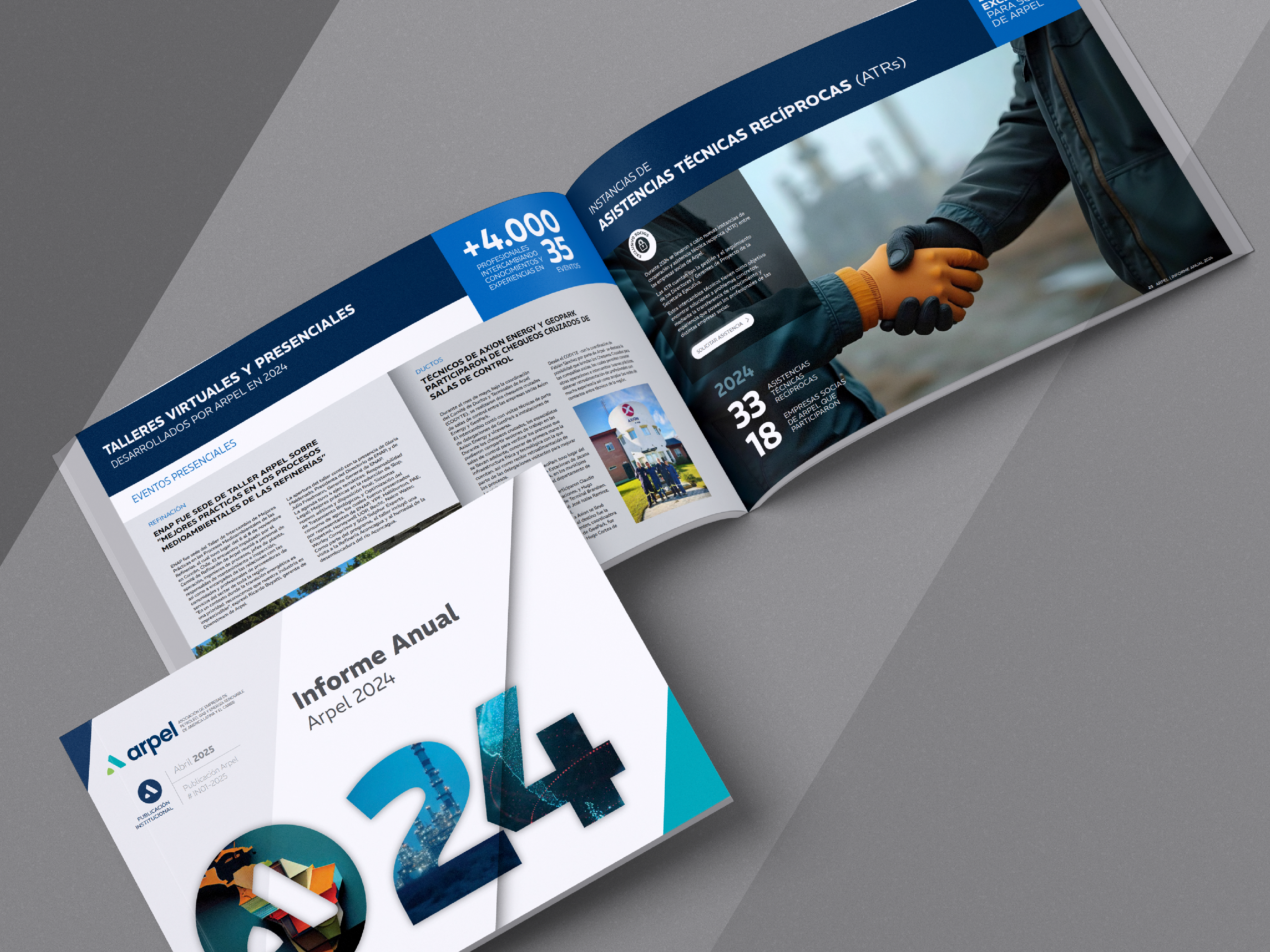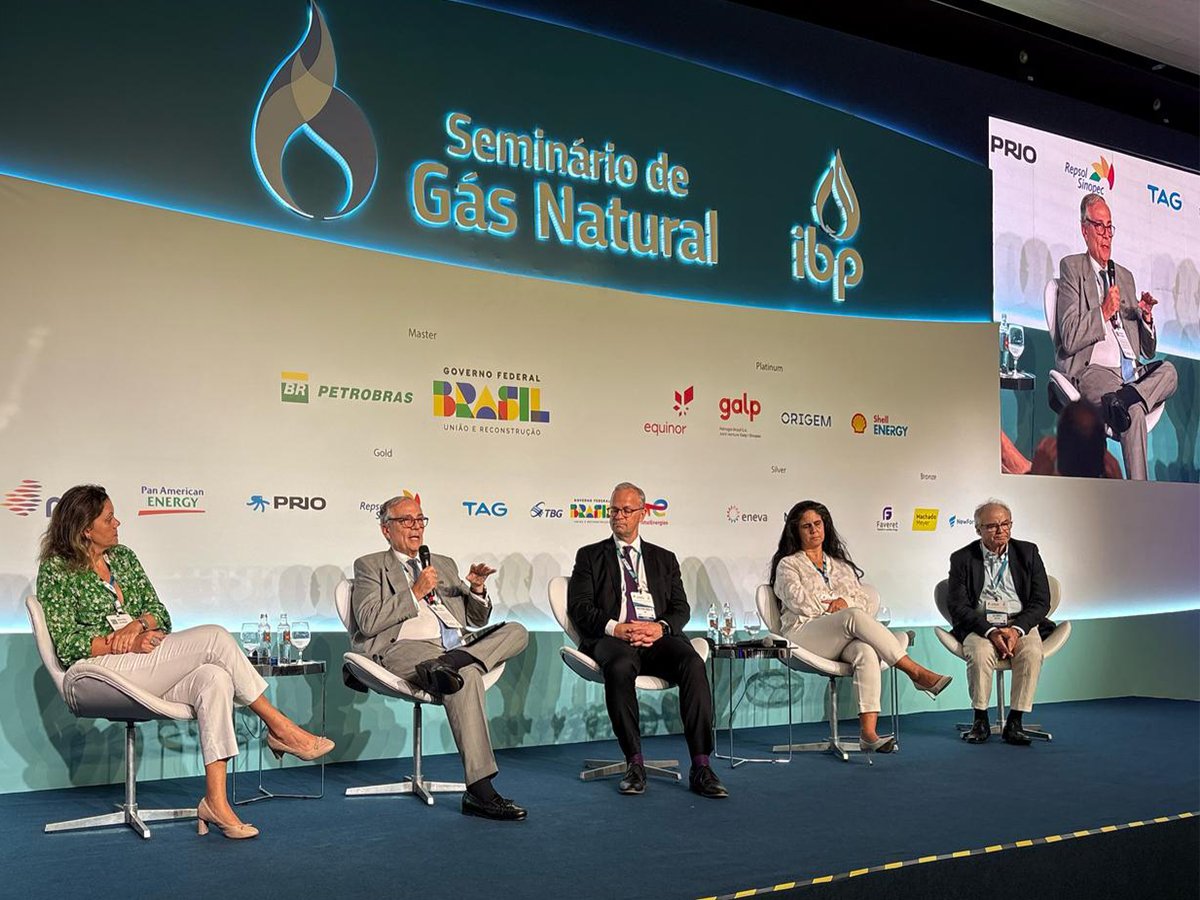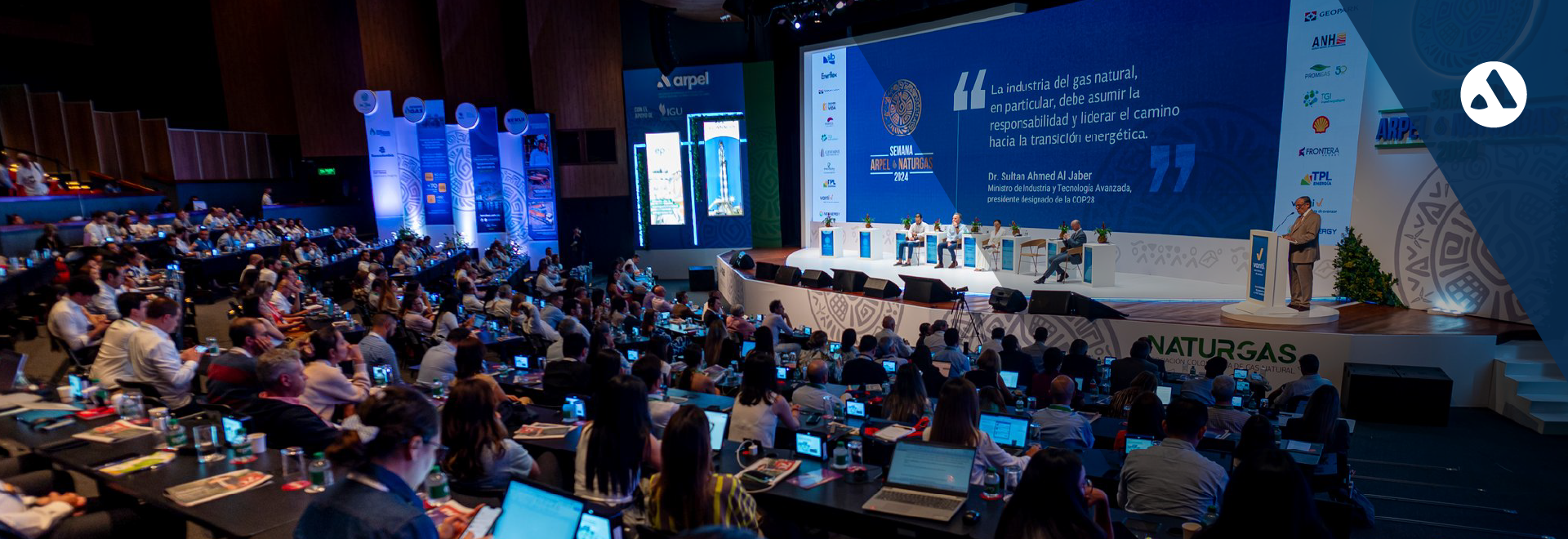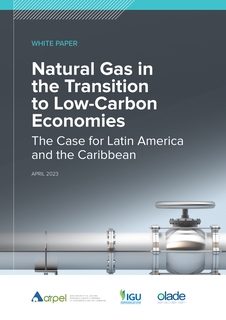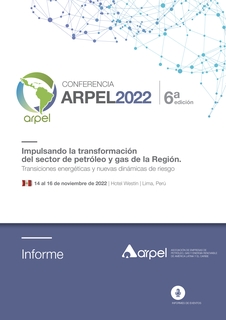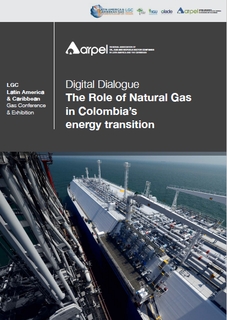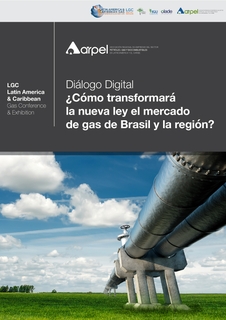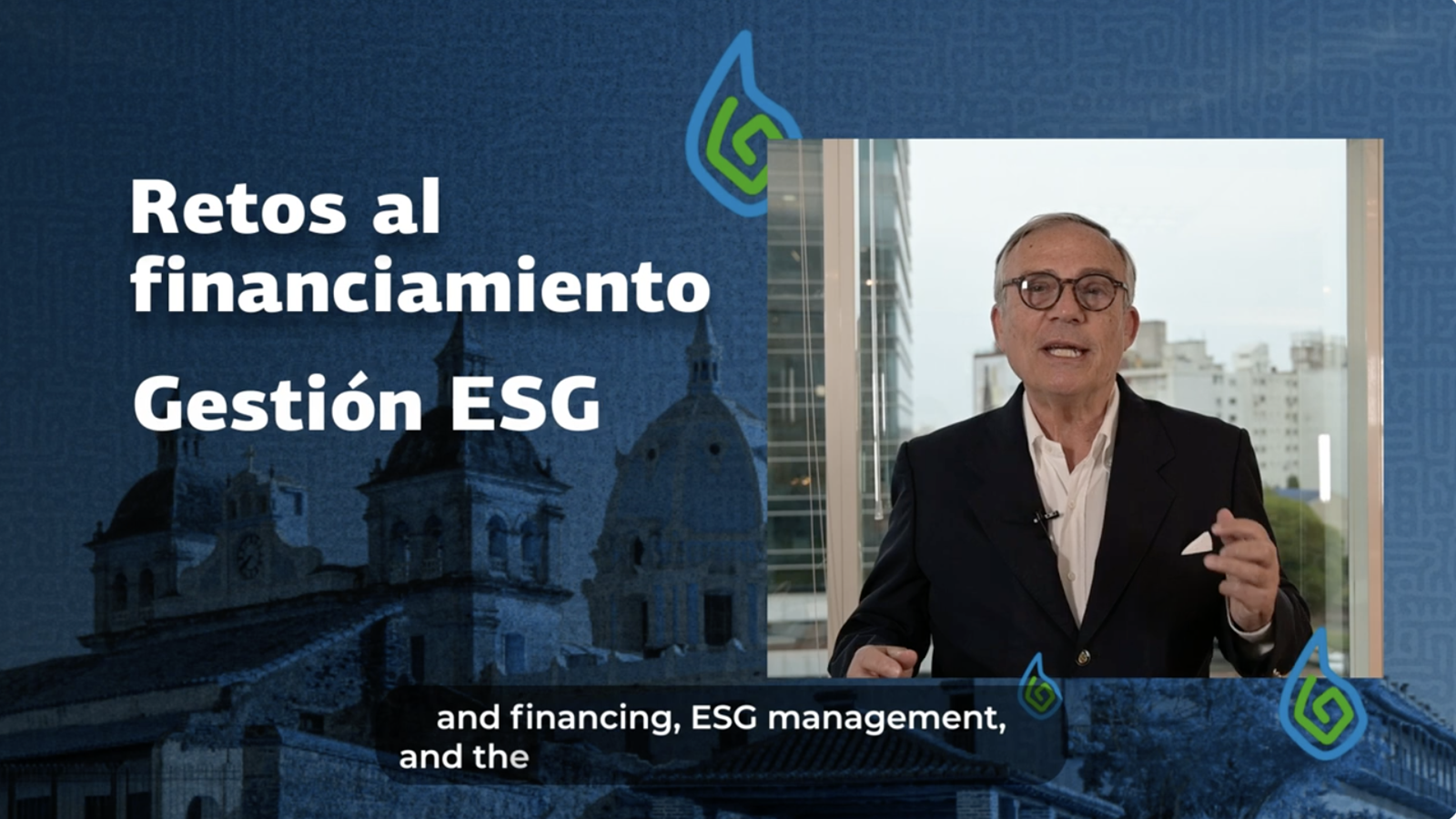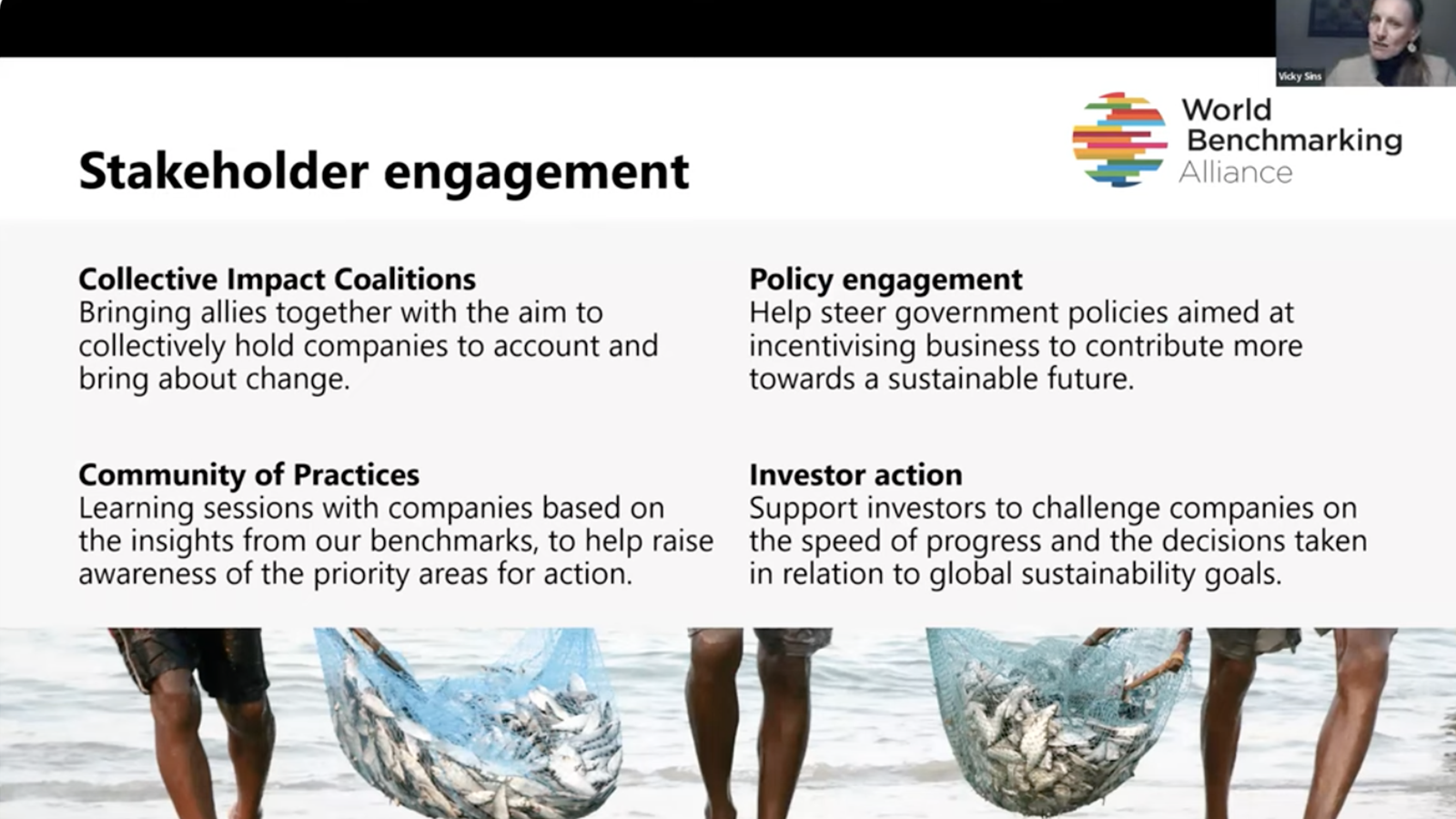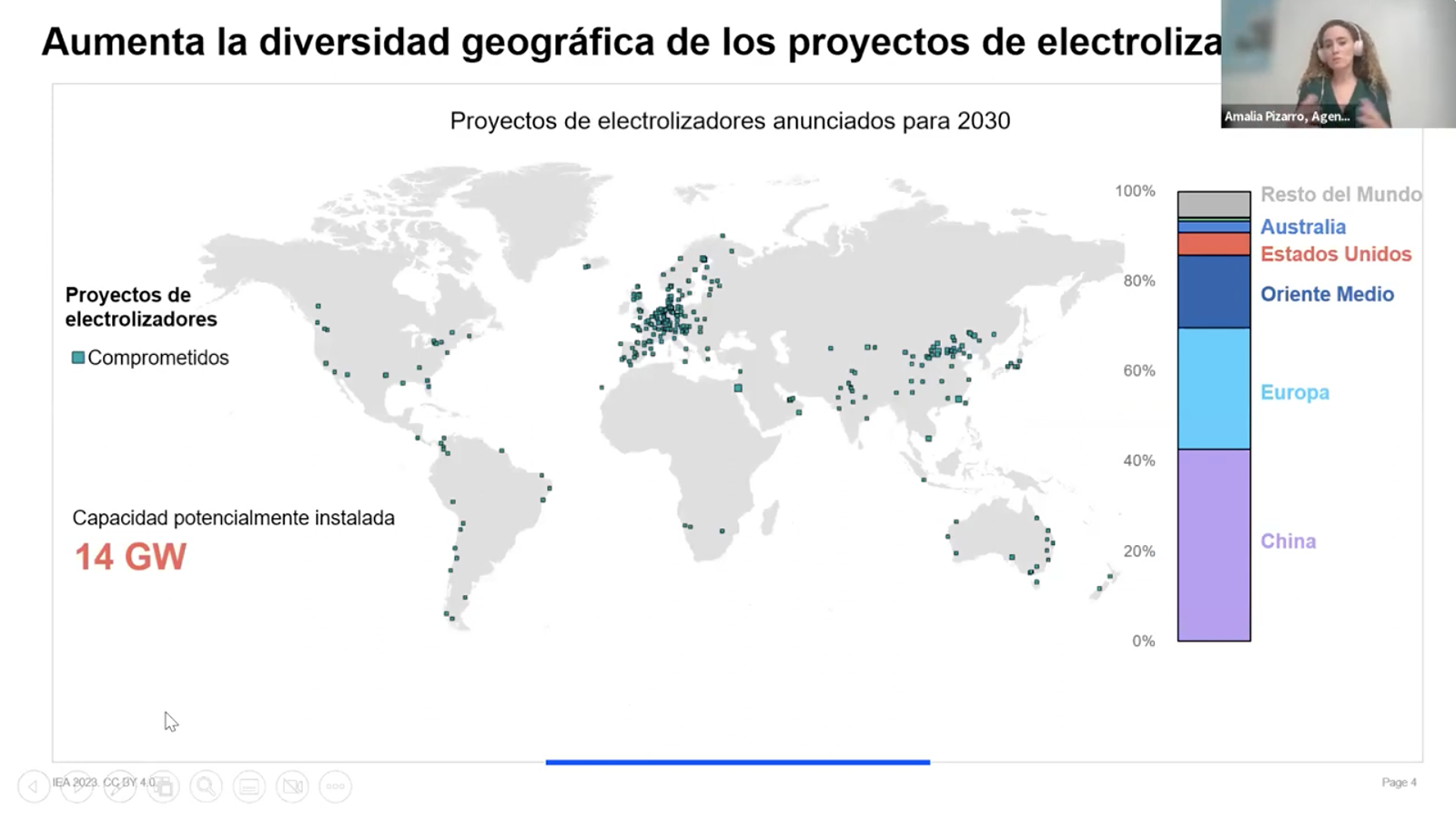
• Rebecca Gaghen, International Energy Agency: “Latin America and the Caribbean are now well positioned to thrive as the world moves to an era of clean energy.”
• Carlos Garibaldi, Executive Secretary, Arpel: “We expect each country in our region to have the right to choose their own transition pace.”
• Raquel Campos, Decarbonization Manager, Petrobras: “Our region has a unique energetic combination, with significant opportunities in natural gas and renewable energies.”
A regional consensus is taking shape regarding the energy transition in Latin America and the Caribbean: it is a major challenge that deserves to be analyzed from different perspectives, with pragmatism, technological neutrality and taking into account the reality of each country.
“We expect each country in our region to have the right to choose their own transition pace, based on their starting point in terms of the energy matrix and social/economic development”, said Carlos Garibaldi, Executive Secretary of the Regional Association of Oil, Gas and Renewable Energy Companies in Latin America and the Caribbean (Arpel), at the inauguration of the Arpel-Naturgas Week, which started today and will continue until April 12 in Cartagena de Indias, Colombia.
For five days, international energy experts, senior executives from the main oil and gas companies in the region and Government and regulatory authorities from different countries will have the opportunity to discuss the topics ruling the oil & gas industry sustainability during and after energy transition.
Within this framework, the first day was a broad analysis focused on finding answers as to how the region is going to lead the energy transition process, in a context where 34% of households still use firewood or coal.
"Achieving the transition does not mean putting energy security at risk", said Alejandro Stipanicic, Chairman of the Board of Arpel, who recommended "not to take recipes that come from elsewhere", and that all available resources should be used with flexible and adaptable models.
The discussion on energy transition is still maturing in the Latin American and Caribbean region, driven mainly by the provisions of the Paris Agreement and technological advances.
Luz Stella Murgas, President of Naturgas, reflected on the challenge imposed to the region by the need to move forward to achieve this goal. “Together, we can achieve a true just energy transition”, she underlined as she stressed that “Latin America needs to be constant to ensure a transition that reaches households”.
"Let's make a Latin American-style energy transition," added ACP Executive Chairman Frank Pearl, noting that this process is not only about energy, but also economic and social.
GLOBAL VISION AND THE LATIN AMERICAN CONTEXT
“Each country has a single history, resources and opportunities, as well as a different energy mix”, analyzed Rebecca Gaghem, Head of the Europe, Middle East, Africa and Latin America Division of the International Energy Agency (IEA), during a masterful presentation where she stated that "oil production will continue to grow in the region" with Guyana and Brazil leading the way, in a continent that accounts for only 5% of greenhouse gas emissions.
However, the energy transition in Latin America faces several challenges that are also observed in other regions of the planet, explained the specialist during her presentation. Among other things, she said that “the world still faces serious vulnerabilities in terms of energy security, but also has more tools than ever to change the outlook for global energy.”
In that sense, the IEA considers that oil and coal will have a peak demand around 2030 and then begin to decline, driven by different alternative sources.
"The huge boom in clean energy technologies, such as electric vehicles and solar photovoltaics, combined with a rebalancing of China's economy towards a cleaner development model, changes the journey of the global energy system," he said.
In an optimistic view of the regional outlook, he said that the development of renewable energy in Latin America and the Caribbean has reduced dependence on fossil fuel imports and "strengthened energy security, and the region is now well positioned to prosper as the world moves towards a clean energy era".
In this context, he said that the energy transition for Latin America and the Caribbean represents, above all, an opportunity for clean, inclusive and affordable energy, as well as the possibility of generating 1 million jobs and contributing to the formal economy.
The event discussed the prospects for just energy transitions in the region and the need to combat climate change, close energy poverty and social inequality gaps.
“Our region has a unique energetic combination, with significant opportunities in natural gas and renewable energies”, said Raquel Campos, Decarbonization Manager at Petrobras.
Also, David Riaño, VP of Low Emission Solutions for Ecopetrol, analyzed three opportunities presented by the transition challenge: energy wealth, regional development and cooperation among countries.
In turn, Santiago Ferro, Energy Transition Manager at Uruguay’s state oil company ANCAP, stated that “we should not overestimate the challenge posed by the energy transition” in a context where fossil fuels account for 80% of the regional matrix. “The transition must be responsible, able to be supplementary and even competitive”, he remarked.
Mike Howard, President of the Global Board of Directors of the World Energy Council (WEC) concluded that “most importantly, we must engage in a constructive discussion of the energy transition”.
TRANSPORT DECARBONIZATION
The first day of the 2024 Arpel-Naturgas Week was closed by a panel specialized in the analysis of transport decarbonization, which included representatives from the aviation, land and maritime transport, refining and LNG sectors.
The members of the panel agreed on the need to establish a medium and long-term road map on decarbonization, focusing on technical, financial and regulatory aspects, and mainly of efficiency. “The transition should be as efficient as possible”, suggested Alejandro Vago, Head of Refining at Raízen.
Moreover, it was agreed that natural gas is the transition fuel for transport, given its availability and lower level of emissions.
Meanwhile, challenges are even greater in the aviation sector, since changing the energy matrix also means “changing the way of flying, changing infrastructure and even landing strips”, explained Guilherme Goulart, from IATA Colombia.
The Arpel-Naturgas Week 2024, continues this Tuesday 9th with five panels and two keynote presentations at the Cartagena de Indias Convention Center, Colombia, within the framework of its central theme "Driving fair energy transitions for Latin America and the Caribbean".
